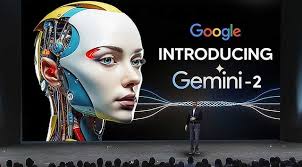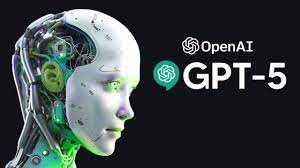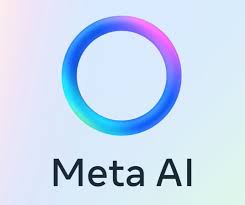Google Expands AI Search Capabilities with Gemini 2.0
Google is taking a significant leap forward in AI-powered search with the introduction of Gemini 2.0, expanding its experimental AI features to enhance complex search queries. This update broadens AI accessibility and introduces new capabilities for handling intricate searches. Enhanced AI Overviews Rolling Out in the U.S. The first phase of this expansion is launching in the United States, with AI Overviews gaining improved functionality. This enhancement enables Google Search to tackle more complex queries, including coding and advanced math problems. While there’s no confirmed timeline for its availability in other regions, such features typically expand to Europe and beyond over time. The Impact of Gemini 2.0 Gemini 2.0 brings faster, higher-quality AI responses, making AI-driven search more effective in handling nuanced and sophisticated questions. The deeper integration of AI into search marks a substantial step toward a more intuitive and powerful search experience. AI-Only Search: A Possible Future? Google is also experimenting with an AI-first search model, which could shift the traditional search experience away from classic blue links and toward AI-generated summaries. This would fundamentally change the way users interact with search engines. However, given how ingrained traditional search behavior is, the shift to an AI-dominated search model remains uncertain. AI Mode in Search Labs Further advancing its AI search capabilities, Google is introducing AI Mode within Search Labs. Designed for complex, multi-part queries, AI Mode leverages advanced reasoning to consolidate what would have previously required multiple searches into a single, AI-generated response. Initially, AI Mode will be available exclusively to Google One AI Premium subscribers through the Labs program. This phased rollout allows Google to gather feedback and refine the feature before making it widely available. As AI continues to reshape search, Google’s latest innovations signal a shift toward a more intelligent, context-aware search experience—one that may redefine how we find information online. Like Related Posts Salesforce OEM AppExchange Expanding its reach beyond CRM, Salesforce.com has launched a new service called AppExchange OEM Edition, aimed at non-CRM service providers. Read more The Salesforce Story In Marc Benioff’s own words How did salesforce.com grow from a start up in a rented apartment into the world’s Read more Salesforce Jigsaw Salesforce.com, a prominent figure in cloud computing, has finalized a deal to acquire Jigsaw, a wiki-style business contact database, for Read more Service Cloud with AI-Driven Intelligence Salesforce Enhances Service Cloud with AI-Driven Intelligence Engine Data science and analytics are rapidly becoming standard features in enterprise applications, Read more









